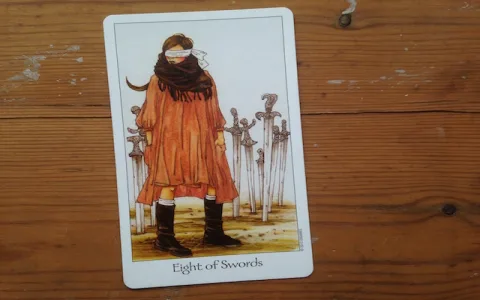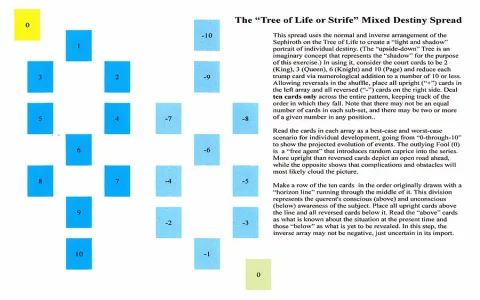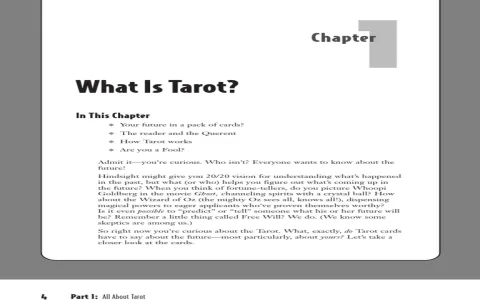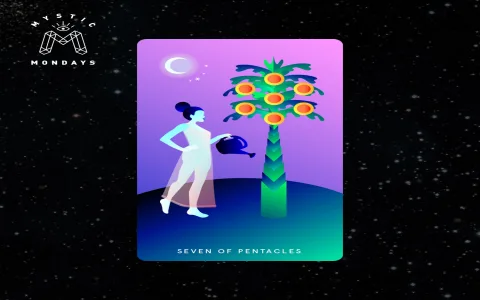Man, I gotta tell you, for almost three years, I was grinding through this gig that felt less like a job and more like a slow, deliberate drowning. I kept telling myself it was just a phase, or maybe I was just tired. You know the drill: the pay was decent, the benefits were okay, and inertia is a powerful thing. It’s scary to jump when you don’t know where the next landing spot is going to be.
I started this practice of tracking my gut feelings against daily tarot pulls maybe nine months before the eventual implosion. I wasn’t doing full spreads, just pulling one card related to the energy I was taking into the workday. My question was always simple: “What is the truth I am ignoring about this professional situation?”
The False Positives and the Blind Spots
For weeks, I was getting the Swords Suit, which usually means anxiety and mental stress. Lots of Three of Swords (heartbreak, but I rationalized it as just project disappointment). Plenty of Eight of Swords (feeling trapped, but I told myself I just needed better time management). I was interpreting everything softly, trying to find a loophole where I didn’t actually have to change anything fundamental.
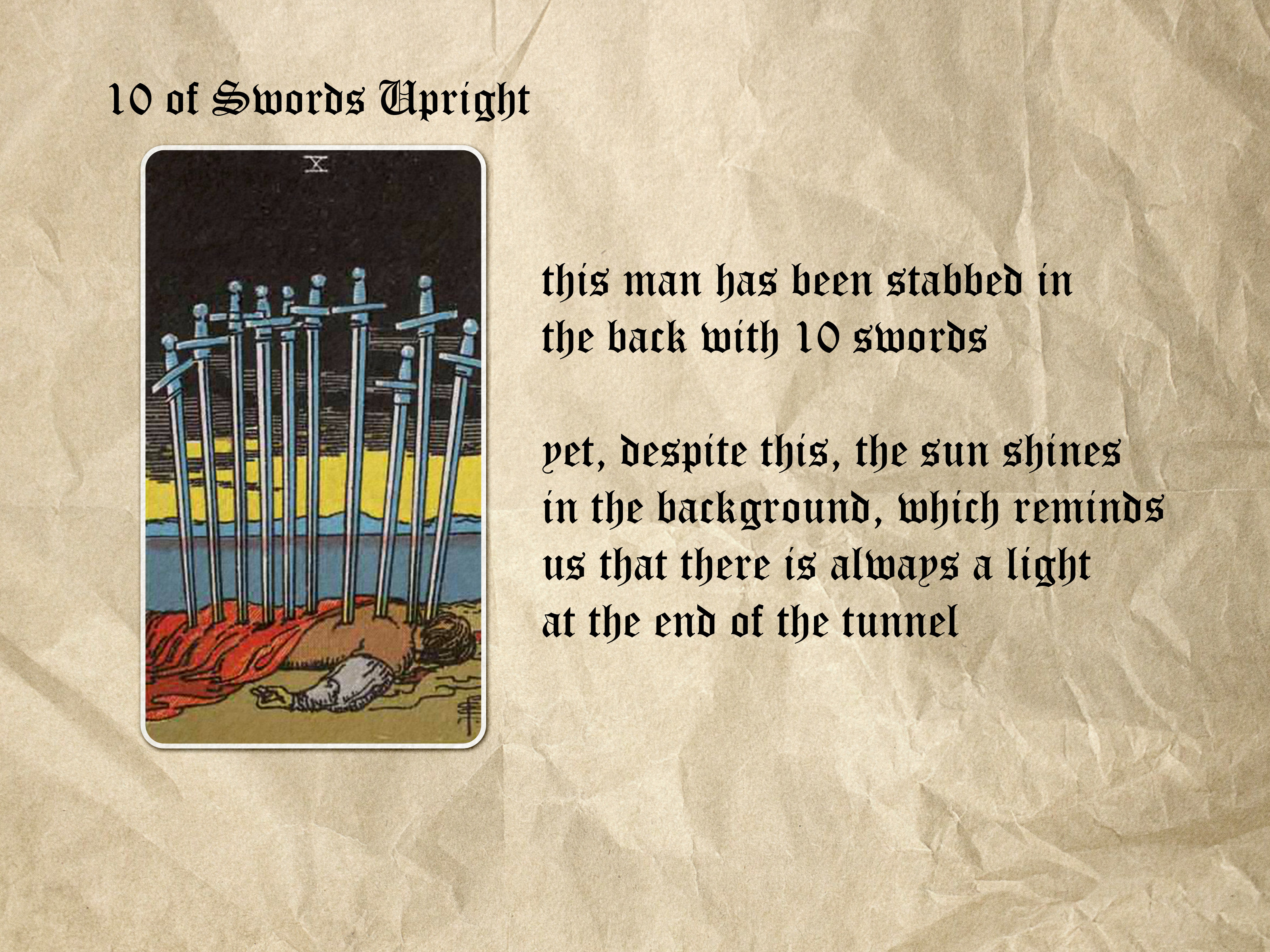
Then, the Ten of Swords started showing up. Not once. Not twice. I logged it appearing four times in five weeks. I mean, seriously, the card is right there: totally finished, laid out, ten blades in the back. My initial interpretation was pure dread. I thought it meant getting fired, publicly shamed, total career ruin. I kept my head down, worked harder, and tried to prevent the inevitable collapse.
I had entirely missed the central point of the card, the thing my personal practice was supposed to reveal: sometimes, the end isn’t a punishment; it’s a necessary release.
The Painful Truth: Eight Months Wasted
My work at the time centered around restructuring an internal system—a huge, complex mess of legacy code. I practically lived in the office trying to fix it. We were promised huge bonuses and recognition once the system went live and proved stable. I skipped vacation, canceled family trips, all banking on this one big win. I documented every single step, every late night, every headache, telling myself I was building something essential.
The system went live. It worked perfectly. Massive success. We celebrated for about 48 hours. Then, the hammer dropped. The executive leadership decided, without consulting our team, to suddenly pivot the entire department’s focus. They pulled the plug on the system expansion plans, effectively deeming our last eight months of work a success, but strategically irrelevant going forward.
I wasn’t fired, no. But the promotion path was eliminated. The promised bonuses were cut by 90% and rebranded as a generic “performance stipend.” They basically took my monumental achievement and made it meaningless overnight. It wasn’t just disappointing; it felt like a deliberate, cold, calculated betrayal of effort.
Seeing the Card Clearly: The Absolute End
I remember sitting at my desk that afternoon, staring at the screen, and I suddenly wasn’t looking at spreadsheets anymore. I was seeing that image of the body on the ground, the swords lined up perfectly down the spine. That crushing feeling—the realization that I had given everything to an entity that had zero loyalty to me—that was the ten swords. It wasn’t metaphorical pain; it was the definitive ending of a cycle.
I walked straight to the bathroom, pulled out my journal, and looked at my logged readings. I had been asking, “Is it time to quit?” and the cards were screaming, “YES! This needs to die so you can live.” I finally understood: the 10 of Swords isn’t about the stabbing; it’s about the finality of the lying down. You can’t fight anymore. You have to rest.
I decided right there I was done.
- I didn’t argue.
- I didn’t negotiate for the bonus.
- I didn’t give two weeks’ notice.
I grabbed the few personal items I had, logged off my computer, and walked out. I didn’t answer my phone for three days. They tried to call and email, talking about exit interviews and paperwork. I deleted it all. I needed zero connection to that place.
That immediate, decisive action was my practice put into effect. The card wasn’t predicting my demise; it was confirming that the current professional structure was already dead, and my refusal to acknowledge it was the only thing prolonging my misery. The true practice wasn’t just pulling the card, but documenting the emotional toll, and then having the courage to act exactly when the reality of the situation perfectly mirrored the card’s toughest advice. Quitting was the most peaceful thing I had done in years. The rock bottom gave me the perfect foundation to start building something new.

